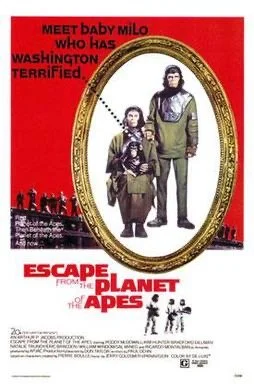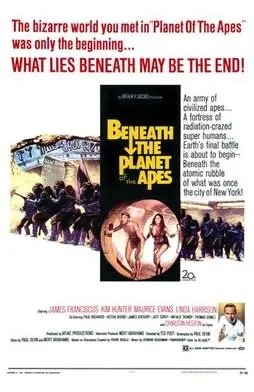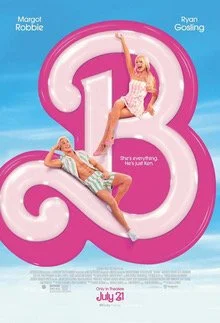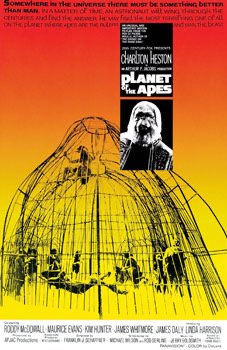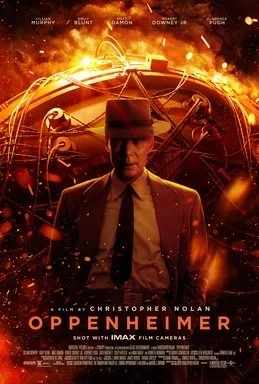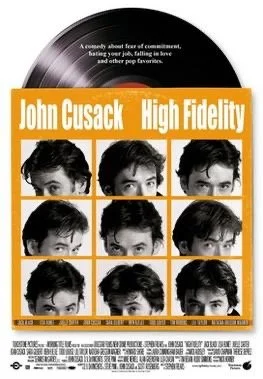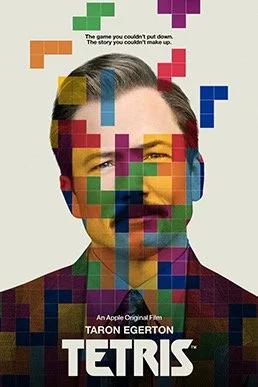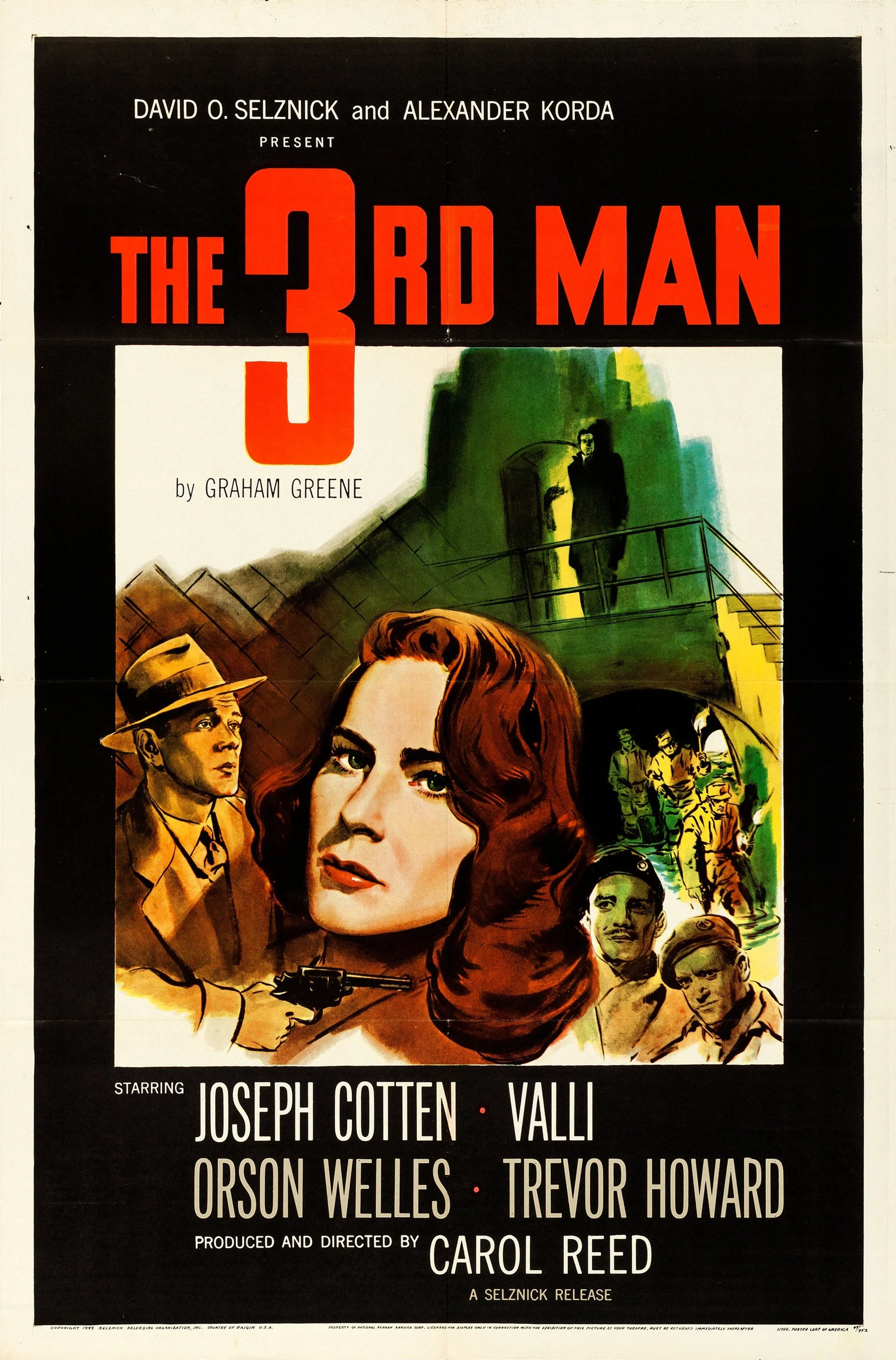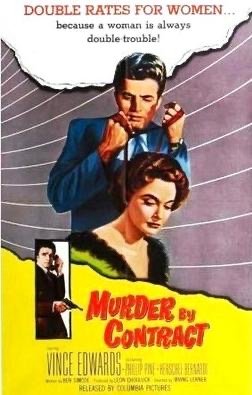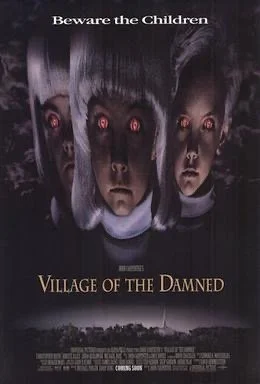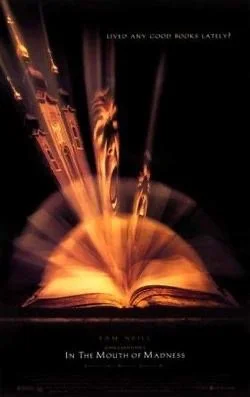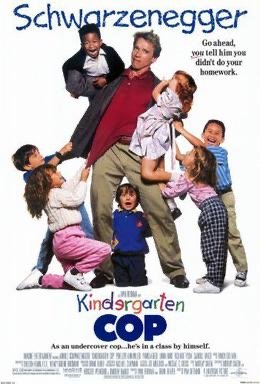Director: Don Taylor
Cast: Roddy McDowall, Kim Hunter, Bradford Dillman, Ricardo Montalbán
Have I Seen It Before: Oh, sure.
Did I Like It: First of all, and I don’t think my eventual re-watch of Conquest of the Planet of the Apes (1972) will turn me around on this, but as a general rule you can’t go wrong including Ricardo Montalbán in your science fiction sequel. I challenge you to find me an exception.
There’s a level at which I want to say this might even be superior to <Planet of the Apes (1968)>, and I’m not entirely sure it is insane. Certainly, this third film in the series is less iconic than anything that culminates in Charlton Heston trying to have an argument with a be-togaed French lady (shit, there I go again, spoiling the first one for you…) but even that is a subjective argument. Maybe Escape from the Planet of the Apes has some special meaning for you. What cannot be disputed is that Escape is a far cheaper film then either of its predecessors, to the point where the title almost begins to seem like a misnomer. Then again, A Trio of Apes Travel to and Attempt to Adapt to Life on the Planet of the Humans lacks a certain poetry.
Lest you think that is knock against the film, let me say without any doubt that quality is its secret strength. Right from the opening credits where we’re led to believe that cohorts of Heston’s Taylor or Franciscus’ Brent have somehow made it back to a recognizable version of terra firma, only to be greeted by two of our favorite apes from prior films (and a friend (Sal Mineo)) have somehow found their way on the other end of the franchise’s denial. A dour, foolish sort of person may look at this premise and say that the near-plausible accounting of time travel in the first two films (am I the first person to ever attach the word “plausible” to <Beneath the Planet of the Apes (1970)>? Quite possibly, yes.) is flipped on its head when it is no longer a matter of time dilation, and instead a stable rift in the fabric of time which will allow travelers to travel back and forth between the simian and human ages.
What this premise does is trick—and quite masterfully so—the audience into letting their guard down. The jaunty Jerry Goldsmith score and the playful banter between Zira (Hunter) and Cornelius (McDowall) all makes you think that this is going to be “the funny one” in the series. For much of its runtime, Escape delivers on that process. We even get a delightful homage of Zira and Cornelius trying on human fashions. You are not prepared when matters become not only just as bleak as the two previous films, but heartbreaking to boot. No longer are we confronted with the massive tragedy of all of humans or apes being snuffed out in an instant, we are forced to watch the painful, tragic death of two characters we have grown quite fond of over the course of three films, and their child lives on, to start the process all over again in just about the only sci-fi headfake ending in this series to rival the first. The bleakness of this series becomes no longer an abstract, and it is all the more heartbreaking for it.

